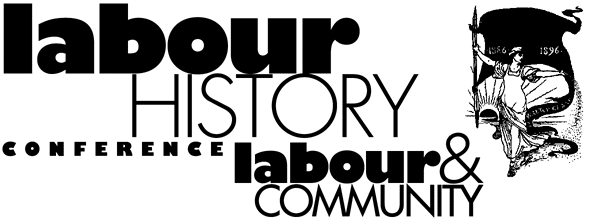Start Date
4-10-1999 4:00 PM
End Date
4-10-1999 4:30 PM
Description
There is ample evidence that for at least the first thirty years of white settlement in New South Wales work and its control was contested terrain. During these years there was a complex, vibrant and at times fierce struggle between convict workers and the colonial managers of convict labour. This should not be surprising given that criminal conviction and transportation did not fundamentally resolve the basic labour management issue of the control of the labour process. It may have established the cost of convict labour power to the State, the price of convict labour, but it left untouched the challenge of making convict workers productive, extracting labour use. Arguably, extracting labour use from convict workers was more complex in New South Wales than it may have been in many parts of British industry. The convict labour force was perhaps even more hostile to its work environment, less motivated, was under skilled, poorly supervised and often physically unsuited to the work demanded of it due to illness or previous lifestyle. Convict workers and managers also had fewer or less resilient traditions upon which to rely than free workers and employers in Britain.
Contested Terrain: The Convict Task Work System, 1788-1830
There is ample evidence that for at least the first thirty years of white settlement in New South Wales work and its control was contested terrain. During these years there was a complex, vibrant and at times fierce struggle between convict workers and the colonial managers of convict labour. This should not be surprising given that criminal conviction and transportation did not fundamentally resolve the basic labour management issue of the control of the labour process. It may have established the cost of convict labour power to the State, the price of convict labour, but it left untouched the challenge of making convict workers productive, extracting labour use. Arguably, extracting labour use from convict workers was more complex in New South Wales than it may have been in many parts of British industry. The convict labour force was perhaps even more hostile to its work environment, less motivated, was under skilled, poorly supervised and often physically unsuited to the work demanded of it due to illness or previous lifestyle. Convict workers and managers also had fewer or less resilient traditions upon which to rely than free workers and employers in Britain.


